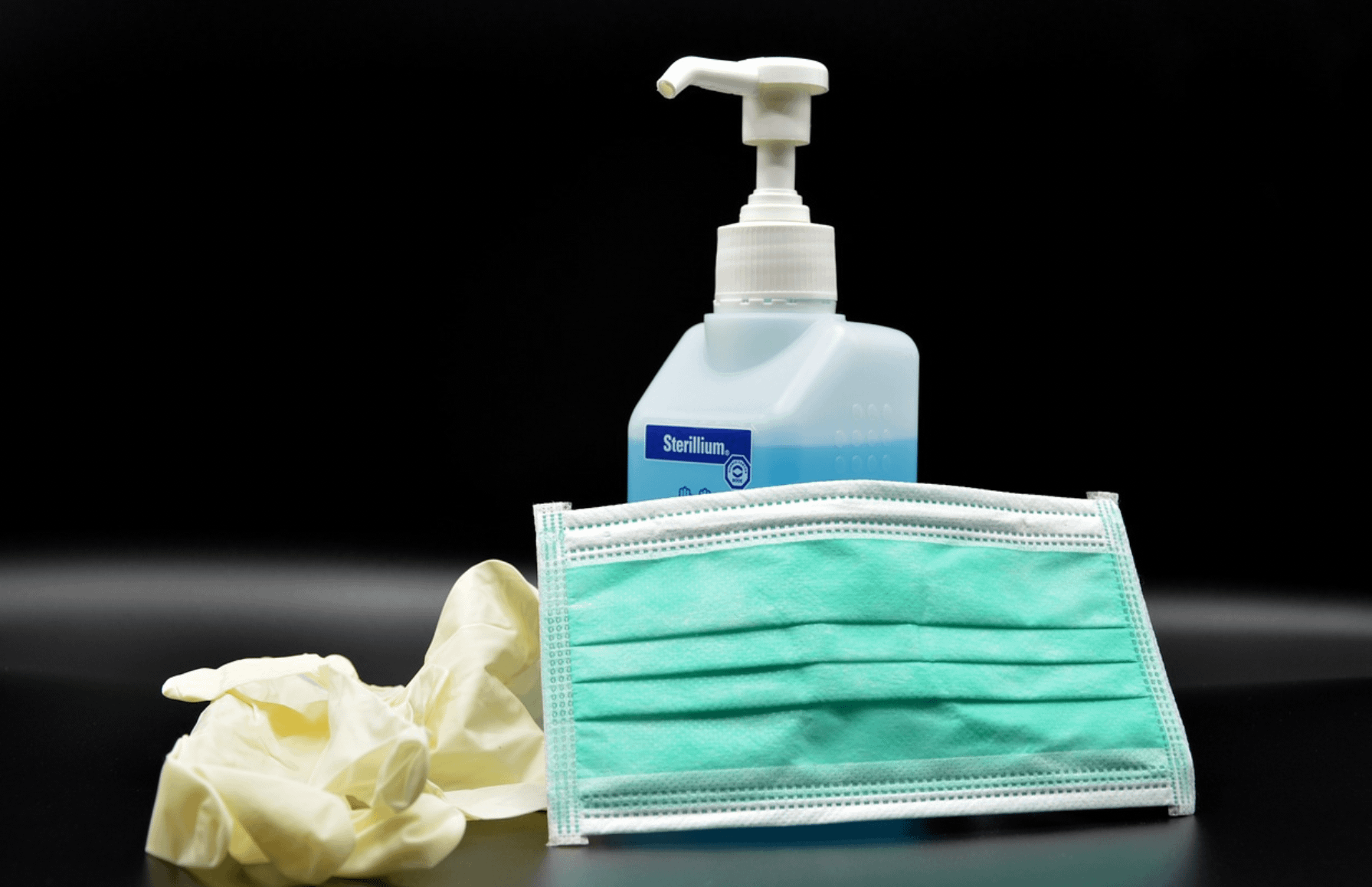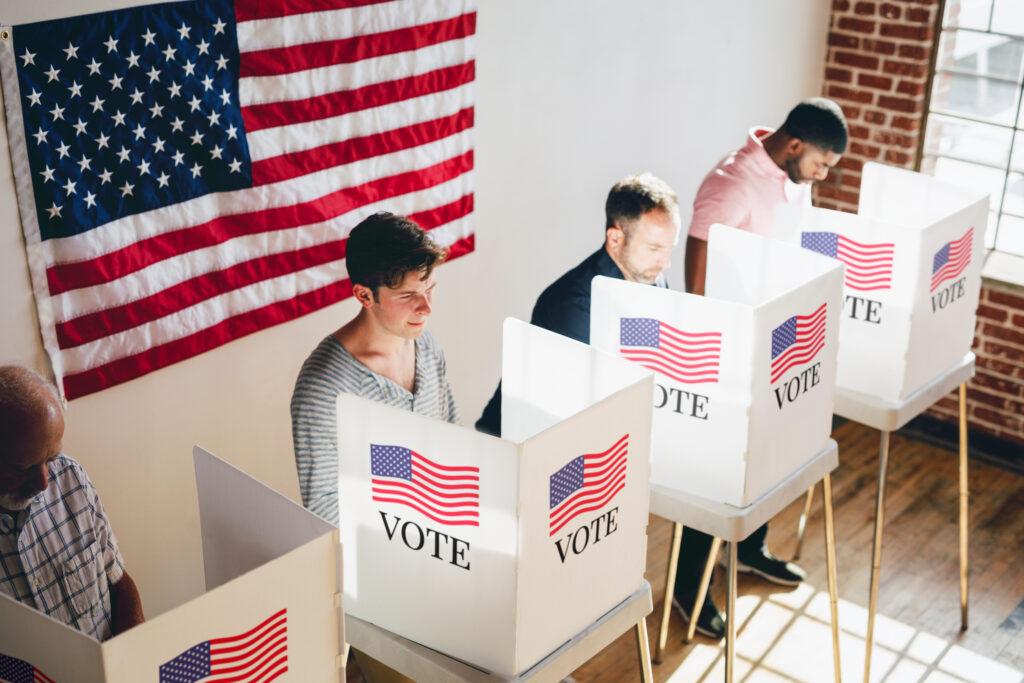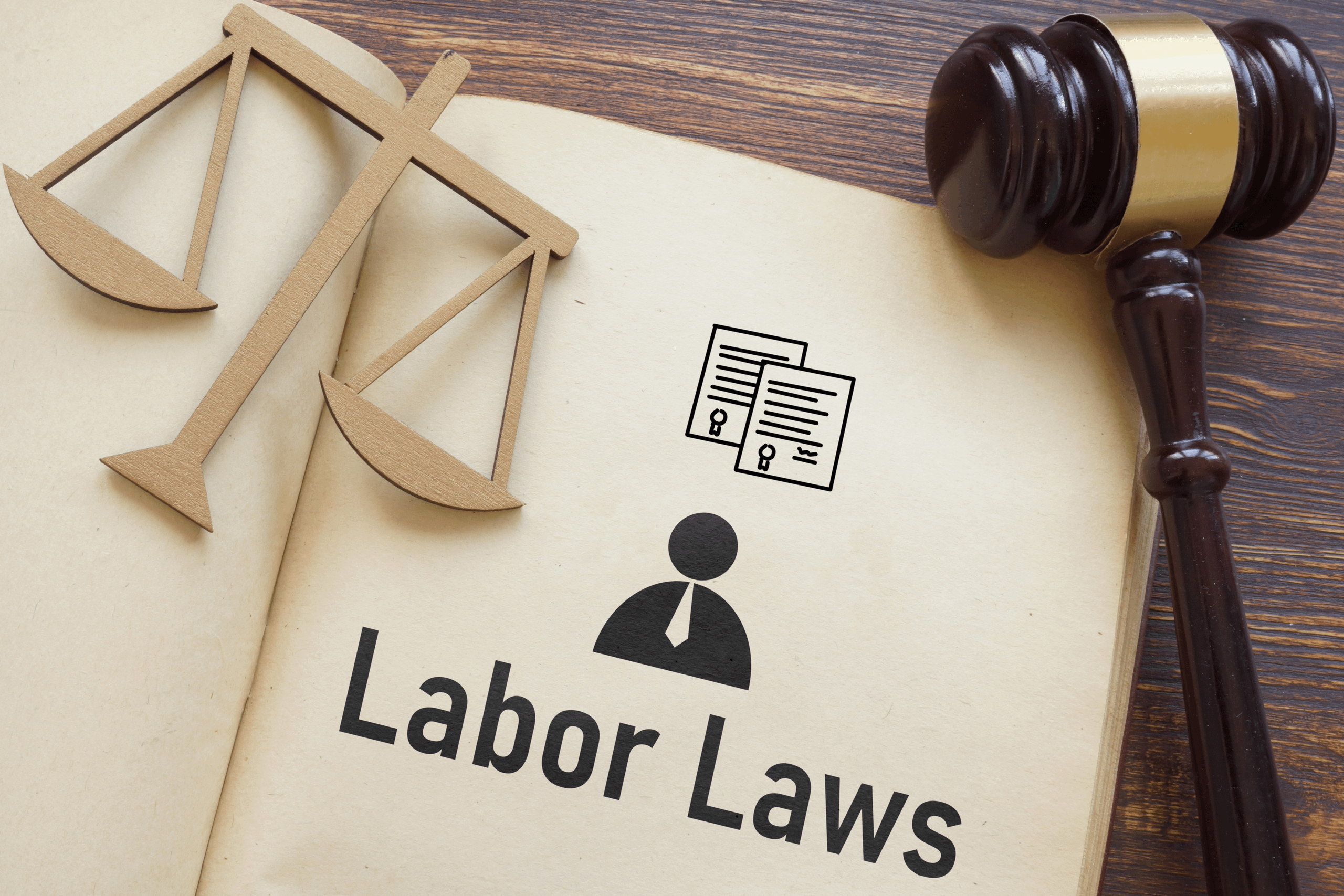The emergency rules governing Medicaid coverage during the Covid public health emergency are being phased out, so we must prepare for a return to the pre-pandemic processes for establishing Medicaid eligibility.
Starting April 1, 2023, current Medicaid recipients began receiving “renewal” packets to complete and return with documentation to verify their current income and resources. These renewal submissions determine whether a recipient’s coverage is extended, reduced, or terminated. The untimely submission of a renewal packet can result in the termination of coverage (except for SNAP recipients), but coverage should remain intact if the recipient does not receive a renewal package from the local department of social services.
Nursing homes should be aware of the following waivers that are in place to protect aged, blind, or disabled Medicaid recipients from losing coverage during the unwinding of the Covid-related easements:
1. No Resource Test for Renewals – Medicaid coverage cannot be discontinued based solely on the recipient’s renewal packet reflecting resources above the 2023 limit of $30,182 or if the amount of the recipient’s resources is not documented. This one-time waiver applies only for the “unwinding” renewals from this year through May 2024.
2. Auto-Renewal for Recipients Who Only Receive Social Security – These recipients will not even receive a renewal packet. Recipients who receive a second source of income, such as a pension or annuity, are required to return a renewal packet.
3. Aid to Continue with Fair Hearings – Aid to continue will be granted when a fair hearing is requested to dispute a reduction or discontinuation in Medicaid coverage, even if the request is made more than 10 days from the notice date, so long as the request is made within 60 days from the date of the notice that is being appealed.
Here is a recap of the pre-pandemic rules and procedures that are back in effect as of July 1, 2023:
1. Applications – All new applications must be supported with full financial and non-financial documentation.
2. End of Self-Attestation – Applicants and recipients of institutional Medicaid coverage can no longer self-attest to income, resources, and asset transfers during the look back period.
3. Guardianships – Pending guardianship approvals will only be issued upon Medicaid’s receipt of proof that a petition has been filed with the court, and an index number has been assigned.
4. Asset Verification System – All applicants and, if applicable, their spouses must consent to the asset verification system. Failure to do so will result in the applicant being found ineligible for Medicaid.
5. Covid Not a Reason for Incapacity – Local Medicaid offices no longer accept the MAP-3044 form that allows facilities to submit applications for incapacitated residents based on a Covid-19 diagnosis.
ALWAYS FOR YOU
For more information on long term Medicaid issues, or to schedule an initial consultation, please reach out to Nancy Levitin, Esq. or Greg Choi, Esq. in our nursing home department at 516-328-2300 or visit www.abramslaw.com.
NANCY LEVITIN is a Partner and the Director of the Health Care Reimbursement and Recovery Practice at Abrams Fensterman, LLP. She counsels the firm’s clients on all matters pertaining to Medicaid, guardianships, third party reimbursement, private collections, Medicare, HMOs, and estate recoveries.
GREGORY S. CHOI is an Associate at the firm and focuses his practice on the area of Medicaid. Mr. Choi was recognized as a “Rising Star” by Super Lawyers in Health Care Law in 2022. Each year, no more than 2.5% of the lawyers in the state are selected by the research team at Super Lawyers to receive this honor.





